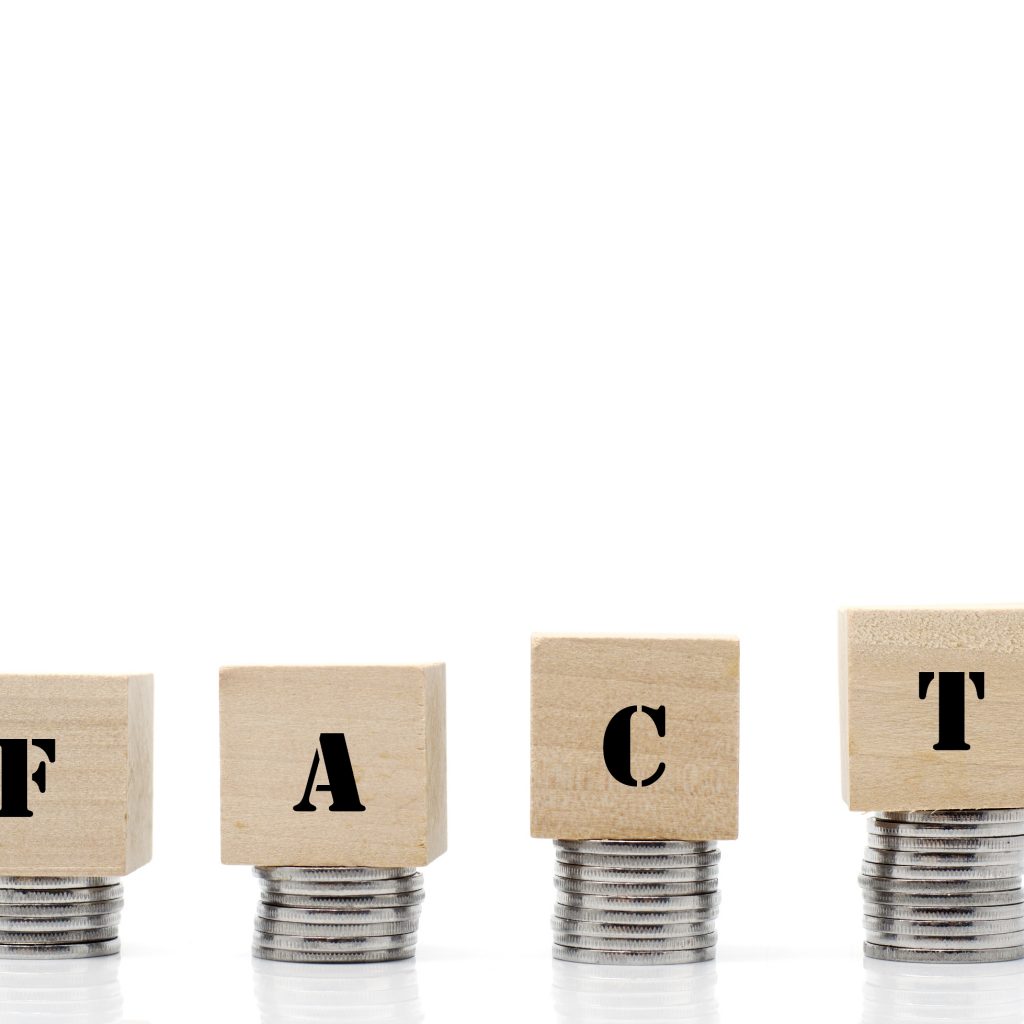
The importance of knowing your credit score? Let’s face it, some things in life just feel passive. For some of us knowing our credit score, or rather, getting to know our credit score, is something we never really think about unless and until we want to do something like buy our first home.
So, what happens then?
Never mind all of the processes you had to go through just to get to a place where you think you’re ready for your first home. I’m asking, what happens once you’ve made that decision?
For most of us, we pull up the Zillow app, look at what’s available around us, and begin looking for a Realtor. It’s usually only once we’ve fallen in love with that 2 bedroom bungalow in the downtown district, or the 4 bedroom ranch on the outskirts of town that we get smacked with reality.
Those dream homes come with a price tag. Unless you’re an exception who’s done everything Dave Ramsay’s way, you’re going to need a home loan. This is why knowing your credit score, and monitoring your credit report is important.
Your credit score is fundamental in how you’re going to be able to enjoy that new dream home of yours for the foreseeable future. Your credit score now will have a lasting effect on you until that loan is paid off- however that may happen.
If you Google or Bing search “credit scores” you’re going to see that there is more than one credit reporting bureau. You have Experian, Trans Union, and Equifax. However, your keyword here is FICO (Fair Isaac Corporation). All three bureaus report your FICO score, and this is what most mortgage lenders will be looking at when deciding whether or not to loan you the money you need for your new dream home, and what interest rate they’ll want to charge you.
Credit scores exist along a spectrum from 300 to 850
What this means?
What this comes down to is two things: Your ability to borrow what you’ll need for that beautiful new home; and what your interest rate will be.
If you fall into the “Good” range or higher, you can pretty well expect to get that loan provided you’ve considered the correct budget. Of-course, interest rates will go up and down dependent on credit scores, programs, and financial markets. The individual details will vary with lenders and borrowers but basically, the higher your credit score, the better your chances are for a lower interest rate on a loan. However, if your credit score falls below 500 or you have no credit borrowing becomes a whole different animal.
With higher credit scores, your options for a home loan vary greatly and are plentiful because your FICO score is telling potential lenders that you’re a responsible person who pays their bills on time, and who manages their debt properly.
Your Loan Options
If your score is lower or if you have no credit score, your options become fewer but you still have many options. For those who qualify FHA, VA, and USDA loans are available. These loans are perfect options for first time homebuyers, with Poor to Good credit, who are looking to build better credit.
FHA
Loans backed by the FHA, or Federal Housing Administration, are available to most borrowers with a credit score of 500 or higher. If your credit falls from 500 to 579 you’ll need at least 10% down for the down payment. If your credit is 580 or higher, you may be able to get a loan with 3% down. With the FHA loan, borrowers are required to pay upfront and annual mortgage insurance.
VA
VA backed loans, or loans backed by the United States Department of Veteran Affairs, are available for active military, retired military, veterans, and qualified spouses. These loans are not administered or underwritten by the VA. Instead, these loans are offered by VA approved lenders who make their own requirements within the confines of VA standards. For example, with most VA backed loans, borrowers do not have to have a down payment, and are exempt from paying for mortgage insurance. There is a funding fee which some are also exempt from.
USDA
USDA, or United States Department of Agriculture, loans are for borrowers who are interested in purchasing a home in a qualified rural are. Most lenders will require a minimum credit score of 620 with no significant delinquencies, or bankruptcies within a certain timeframe of the past.
Non-Traditional
Fannie Mae’s Home Ready Program offers underwriting guidelines for borrowers without a credit score due to lack of credit history. In these cases, the underwriters can look at your “non-traditional credit sources” like your rental payments history, utilities, cell phone payments, child care, medical and school bills, and insurance payments over a 12 month period to determine that you pay your bills on time.
In some cases, if you have a credit score below 500 you could have a discussion with your lenders. If your score is low due to lack of credit history or because of an unfortunate event then an honest discussion may help. All loans are processed the same way in all the major ways. However, about half the time, the underwriter may be willing to consider “letters of explanation,” and “non-traditional credit sources.”
If you have no credit or a credit score lower than 500
If you do have Poor or Very Poor credit, it’s time to consider some compensating factors. Essentially, every time you borrow money, your lender is taking a risk and showing faith in your ability to repay that loan. Compensating factors reduce risk to lenders, and help them have the faith in your ability to repay the loan.
Consider
- Gathering a larger down payment
- Lowering your debt to income ratio (DTI) below the 36% acceptable range.
Many borrowers already have compensating factors in place that they can take advantage of.
- Higher incomes
- No outstanding debts
- Large amounts of cash reserves
- Long employment histories with the same employer
- And who are already paying comparable rental payments
Time, Effort, and Consistency
It takes time to build good credit, and it takes work to maintain it consistently. The importance of Good or Exceptional Credit can’t be overstated, and it absolutely can be measured. Since your credit score, at the time of the loan transaction, dictates your APR (Annual Percentage Rate) it dictates how much you ultimately pay for your home.
I’m not talking about that initial price tag.
When you buy that new dream home the initial price tag is your principal. Whatever interest rate you manage to get from your lender is going to depend, to some extent, on your credit score. The difference of 20 points on the credit spectrum may not seem like much in a vacuum view of things. But, remember, this loan is going to extend over a period of 15 to 30 years so this whole experience is largely cumulative. Twenty points on your credit score may only affect your interest rates by about one tenth of a percent which is ultimately represented on your monthly mortgage. Over time that difference can come out to tens of thousands of dollars depending on your principal, duration of the loan, your credit score, and your interest rates.
One of the first steps in the home buying process should always be to consult your realtor or lender in what it will ultimately cost for you to buy that new dream condo with your current credit score, and have any discussion you may need to have in improving your credit score. There are a multitude of loan calculators online which can give you rough estimates of what you may pay with your current credit score- But you have to know your credit score.
Ultimately, your overall home buying and owning experience is going to be colored by your credit score and where it sits when you purchase your new home.


